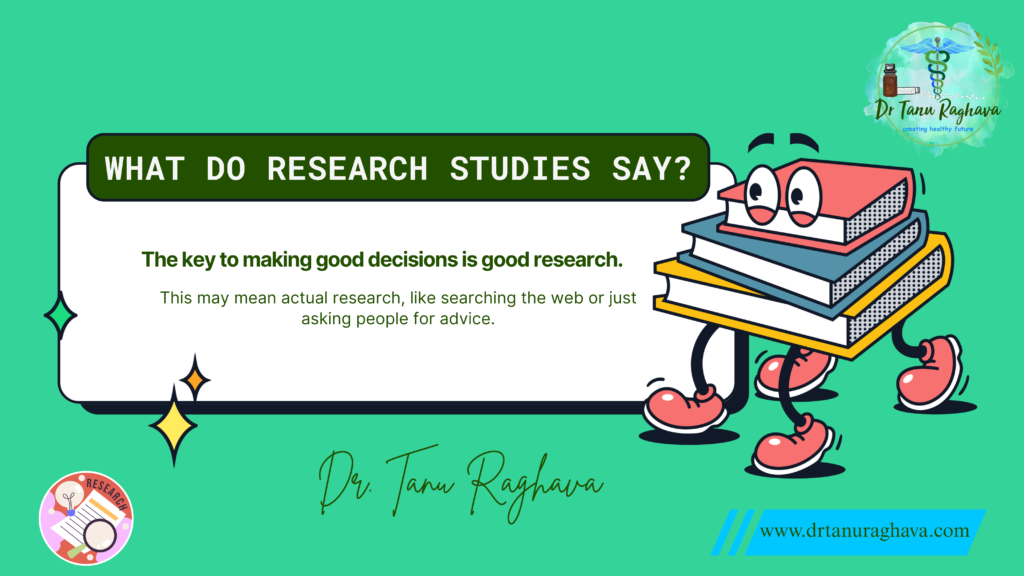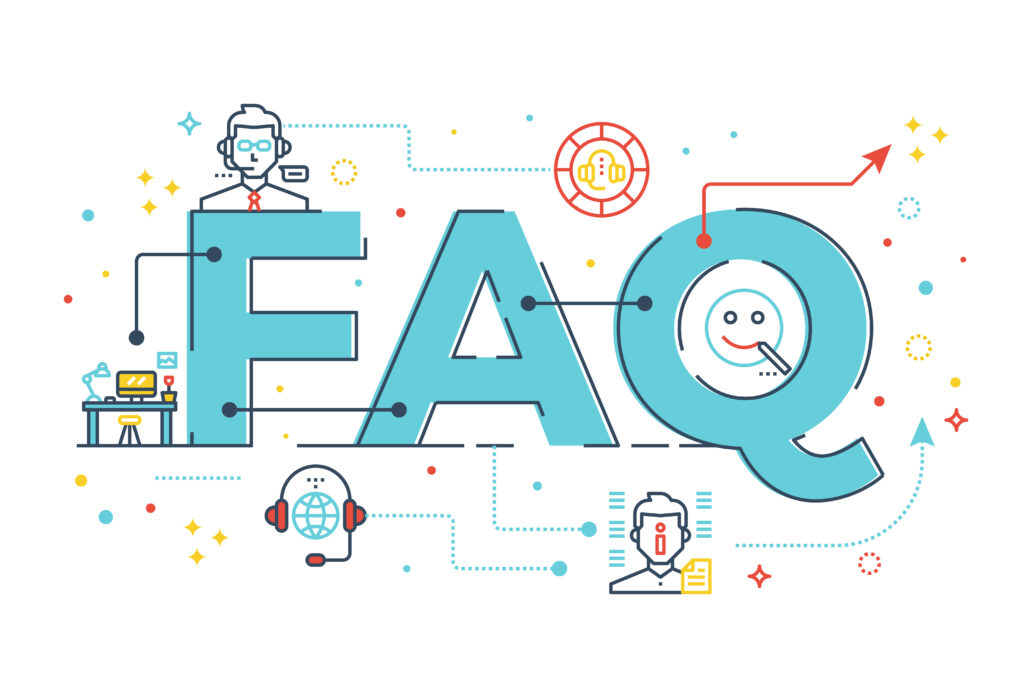Introduction
Table of Contents
ToggleExcessive food eating habit or general overeating is a growing concern in today’s fast-paced world. From stress-induced snacking to habitual large meals, overeating impacts both physical and mental health. In this comprehensive guide, Dr. Tanu Raghava explores the culprits, causes, types, and symptoms of overeating, presents scientific evidence supporting homeopathy, and outlines a holistic treatment plan including remedies, diet, lifestyle, and yoga.

The Culprit Behind Overeating
- Emotional Triggers: Stress, anxiety, boredom, and depression can lead to mindless eating.
- Environmental Factors: Easy access to high-calorie foods, large portion sizes, and social dining habits.
- Physiological Signals: Hormonal imbalances (leptin, ghrelin), blood sugar fluctuations, and digestive issues.
- Psychological Patterns: Reward-driven eating, conditioned habits from childhood, and external cues like advertisements.
Causes of Overeating
- Stress & Emotional Distress: Cortisol spikes drive cravings for comfort foods.
- Irregular Meal Patterns: Skipping meals leads to intense hunger and binge episodes.
- Lack of Awareness: Distracted eating, TV, phones reduces satiety signals.
- Medical Conditions: Hypothyroidism, PCOS, and diabetes can alter appetite.
- Medications: Certain antidepressants and steroids increase appetite.
Types of Overeating
- Binge Eating Disorder (BED): Recurrent, uncontrollable episodes of large food consumption.
- Emotional Overeating: Eating in response to feelings rather than hunger.
- Mindless Overeating: Unconscious snacking while distracted.
- Habitual Overeating: Routine consumption of oversized portions.
Common Symptoms
- Frequent episodes of eating beyond fullness
- Feelings of guilt, shame, or loss of control
- Weight gain, bloating, and sluggishness
- Digestive discomfort: acidity, indigestion
- Low self-esteem and mood swings

Scientific Evidence Supporting Homeopathy
Multiple clinical trials have demonstrated homeopathy’s potential in regulating appetite and emotional balance. A 2018 randomized study found that Lycopodium and Nux vomica significantly reduced binge episodes compared to placebo, suggesting homeopathic remedies modulate stress-related eating patterns. Research published in the Journal of Alternative and Complementary Medicine (2020) reports improved satiety signaling and decreased cortisol levels in patients treated with individualized constitutional homeopathy, underlining the systemic regulatory action of homeopathic treatment.
Role of Homeopathy in Overeating
Homeopathy, with its principle of “like cures like,” addresses not only the symptom of excessive appetite but the underlying emotional, hormonal, and constitutional factors. Dr. Tanu Raghava emphasizes an individualized treatment plan—selecting remedies based on each patient’s physical state, emotional triggers, and eating patterns. This holistic method gradually restores healthy hunger cues, balances stress responses, and promotes long-term behavioral change without side effects.
Homeopathic Medicines
Top 3 Key Remedies
1. Lycopodium clavatum
Highlighted Symptom: Craving for sweets and warm foods despite fullness.
Redline Symptoms:
- Bloating and fullness in right upper abdomen
- Weak digestion with gas and belching
- Lack of self-confidence, anxious before meals
- Desire for late-night snacks
2. Nux vomica
Highlighted Symptom: Irritable mood and indigestion after overeating.
Redline Symptoms:
- Frequent heartburn, sour belching
- Sensitivity to noise and odors
- Workaholic, high stress with irregular eating
- Constipation with frequent ineffectual urge
3. Argentum nitricum
Highlighted Symptom: Sweet and carbohydrate cravings with anticipation anxiety.
Redline Symptoms:
- Nervousness, anticipatory anxiety before events
- Diarrhea with urgency
- Desire for cold drinks, sweets
- Impulsive behavior, impatience
4 Other Important Remedies
- Calcarea carbonica: Slow digestion, cravings for eggs and sweets; chilly, overweight, anxious about health.
- Pulsatilla nigricans: Craving for fat and rich food, tearful, seeks comfort and sympathy.
- Natrum muriaticum: Eats to soothe grief, salt cravings, reserved and sensitive personality.
- Phosphorus: Craves cold drinks, overeats when excited; heartburn, burning pains, extroverted.

Importance of Correct Diet
Foods to Eat
- Fruits: Apples, berries, pears (high fiber, low GI)
- Vegetables: Broccoli, spinach, carrots, zucchini
- Pulses & Legumes: Moong dal, masoor dal, chickpeas
- Nuts & Seeds: Almonds, pumpkin seeds, flaxseeds (in moderation)
- Whole Grains: Brown rice, quinoa, oats
- Lean Proteins: Tofu, Greek yogurt, legumes
Foods to Avoid
- Refined Carbs: White bread, pastries, sweets
- Processed Foods: Chips, frozen meals, packaged snacks
- Sugary Drinks: Soda, sweetened juices
- High-Fat Dairy & Meats: Full-fat cheese, processed meats
- Excessive Caffeine & Alcohol: Both can trigger cravings
Lifestyle Changes: Do’s and Don’ts
Do’s
- Eat mindfully: chew thoroughly, savor flavors.
- Maintain regular meal times with balanced macros.
- Hydrate: 2–3 liters of water daily.
- Practice stress-relief: meditation, deep breathing.
- Keep a food journal to identify triggers.
Don’ts
- Don’t skip breakfast or major meals.
- Avoid TV/phone during meals.
- Don’t stock high-calorie snacks at home.
- Avoid emotional eating reach for water first.
- Don’t follow fad diets aim for sustainable changes.

Top 3 Yoga Exercises
1. Bhujangasana (Cobra Pose)
Lie prone, legs extended, toes pointing back.
Place palms under shoulders, elbows close.
Inhale, lift chest using back muscles, arching gently.
Hold 15–30 seconds, exhale, release.
2. Ardha Matsyendrasana (Half Lord of the Fishes Pose)
Sit with legs extended, bend right knee, place foot outside left thigh.
Twist torso to right, left elbow outside right knee.
Lengthen spine, look over shoulder.
Hold 30 seconds, switch sides.
3. Paschimottanasana (Seated Forward Bend)
Sit with legs straight, feet flexed.
Inhale, reach arms overhead; exhale, hinge at hips to fold forward.
Keep spine long; hold ankles or shins.
Hold 30–60 seconds, inhale to release.
Bonus Tip
Practice the “5-Bite Rule”: Slow down by chewing each bite at least 25–30 times and pausing after every five bites to assess fullness. Dr. Tanu Raghava finds this simple habit dramatically curbs overeating.
Conclusion
Excessive food eating habits can be effectively managed through a comprehensive homeopathic protocol under the guidance of Dr. Tanu Raghava. By combining targeted remedies, a balanced diet, mindful lifestyle changes, and supportive yoga practices, patients reclaim control over their appetite and overall well-being. Embrace these holistic strategies to restore balance naturally and sustainably.

FAQ
Q1. What triggers general overeating?
Ans. Dr. Tanu Raghava explains that stress, irregular meals, and environmental cues are key triggers.
Q2. How soon can homeopathy help with overeating?
Ans. Individual responses vary; many see improvement within 4–6 weeks with consistent treatment.
Q3. Can I take homeopathic remedies alongside other treatments?
Ans. Yes, homeopathy is non-interfering and safe to combine with dietary or conventional therapies.
Q 4. Which foods are best to curb appetite naturally?
Ans. High-fiber fruits (apples, berries), legumes (moong dal), and nuts (almonds) help promote satiety.
Q 5. Is yoga essential for overcoming overeating?
Ans. Yoga supports digestion, stress reduction, and body awareness, making it a valuable adjunct to treatment.





1 Comment
Bonus Backlinks
November 18, 2025By my investigation, shopping for technology online may be easily expensive, nonetheless there are some tips that you can use to obtain the best offers. There are always ways to come across discount specials that could help make one to buy the best electronic products products at the smallest prices. Good blog post.